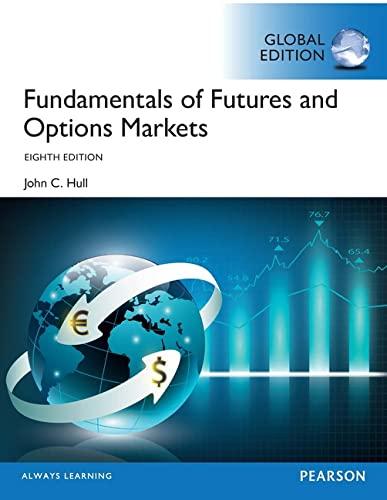Question
Which of the following is NEVER true? A.Quantity restrictions are equivalent to using a corrective tax. B.Quantity restrictions with tradable permits are equivalent to using
Which of the following is NEVER true?
A.Quantity restrictions are equivalent to using a corrective tax.
B.Quantity restrictions with tradable permits are equivalent to using a corrective tax.
C.Mandating equal pollution reductions from all firms is equivalent to using a corrective tax.
D.Both a and c are correct.
E. None of the answers is correct.
Your neighbor Gabriella plays loud music that irritates you and the rest of her neighbors. She agrees to turn down the music by 5 decibels for every $25 she receives from her neighbors, and even though you and your neighbors collectively value reductions of 5 decibels at more than $25 per person, no one pays. This is an example of what type of problem?
a. the transaction costs and negotiating problem she holdout problem
b. the assignment problem
c. the free-rider problem
d. the externality-internalization problem
e. the transaction costs and negotiating problem
Suppose that a market is currently in equilibrium and that there is no government intervention in the market. If the private marginal cost of producing the item is $4 and the social marginal cost of production is equal to $6, then what is the private marginal benefit of the item?
A. $2 b. $4 c. $10 d. $6 e. $0
Step by Step Solution
There are 3 Steps involved in it
Step: 1

Get Instant Access to Expert-Tailored Solutions
See step-by-step solutions with expert insights and AI powered tools for academic success
Step: 2

Step: 3

Ace Your Homework with AI
Get the answers you need in no time with our AI-driven, step-by-step assistance
Get Started


